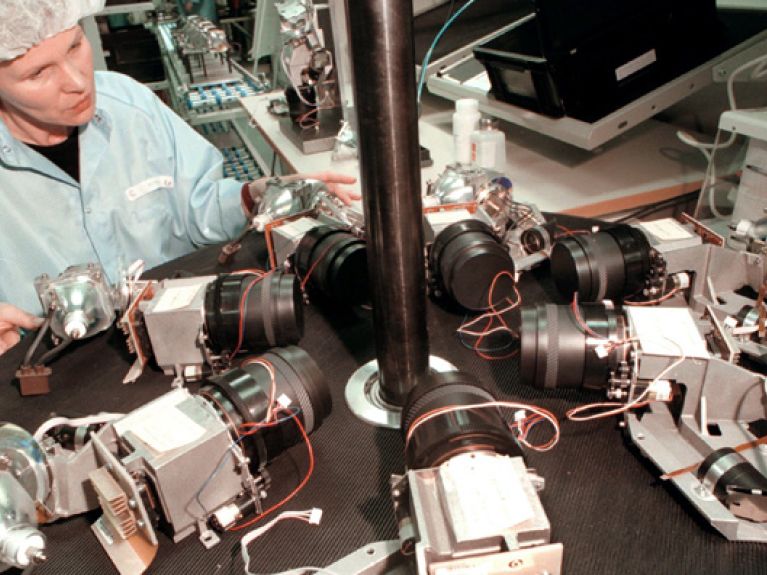Publishing without borders, studying online
How the digital revolution is changing our lives – Part 5: Education and science

Universities were the fathers of the Internet – and the Internet and digitisation have revolutionised access to knowledge. Almost any subject can be researched with a few clicks. And expert knowledge is naturally also accessible to interested members of the general public. There is hardly any area of science or research that has not received a boost from the digital revolution. The decoding of the human genome was only possible with the help of computers, and the same also applies to complex models in climate research, physics and chemistry. Comparative research in linguistics and literary studies have also used digital tools for a long time. In the humanities a new auxiliary discipline has become established: digital humanities. Digitisation is even opening up new approaches in classical studies. For example, the German Archaeological Institute is developing IANUS, a national research data centre that catalogues information from archaeology and related disciplines and makes it freely available online.
The accessibility of knowledge and its compatibility with copyrights is already a big issue for research. The term “open access” stands for a fundamental change: the idea is to make research findings available to everyone – if possible, free-of-charge – and not just a small elite group of researchers. This demand is frequently made for the results of publicly funded research. Massive open online courses – or MOOCs for short – basically allow anyone to study at an elite university from home and therefore also offer to widen access to knowledge. Over 100,000 interested people take part in some virtual courses. A MOOC platform called iversity has existed in Germany since 2013. Ultimately, however, everyone has to learn and understand the subject matter for themselves – in the traditional analogue way. ▪
